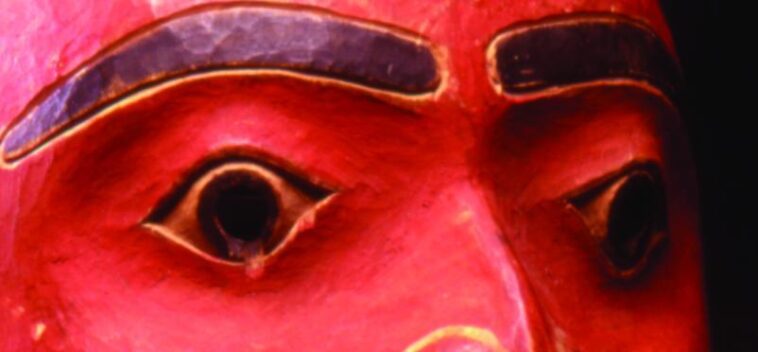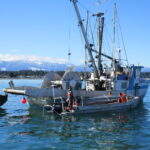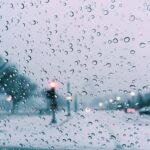After weeks of questions about when First Nations living on reserve in B.C. can expect to receive access to life-saving COVID vaccines there is finally a clear answer: by the end of March.
The timeline was provided this week by Dr. Shannon McDonald, acting chief medical health officer with the First Nations Health Authority (FNHA), who in a media briefing acknowledged that vaccine shortages had made the roll-out more challenging than expected.
“In the context of vaccine shortage, we have not been able to completely meet the goals that we have set, but we have used every single dose that we have been given to vaccinate as many people as possible, starting with our most remote communities,” McDonald reportedly said.
Still, the health authority says progress is being made. “More than 16,000 people in 90 First Nation communities have received the 1st dose of the Moderna vaccine. We raise our hands to everyone and be safe,” it wrote on Facebook.
But the slower-than-expected roll-out has had deadly consequences in places like the Nass Valley, where as of earlier this month “Nisga’a communities are still waiting to receive their first shipment of vaccines, despite having the highest rate of infection in the entire province,” as Skeena Strong reported.
There, people like Vern Clayton experienced both his parents dying of COVID-19, a devastating personal loss for him and also the community. ““The elders, they’re the ones that built this place,” their Clayton said.
As of Friday, Feb. 12, the FNHA was reporting:
- 426 active cases of COVID-19, 185 of those on or near reserve.
- 68 total deaths from COVID-19, 38 of those on or near reserve.
- Approximately 16,000 people vaccinated in 90 communities.
- Approximately 3,000 people vaccinated off reserve.
- Vaccine is currently en route to another 12 communities.
- Another 22,000 doses are still needed to meet the March goal.




